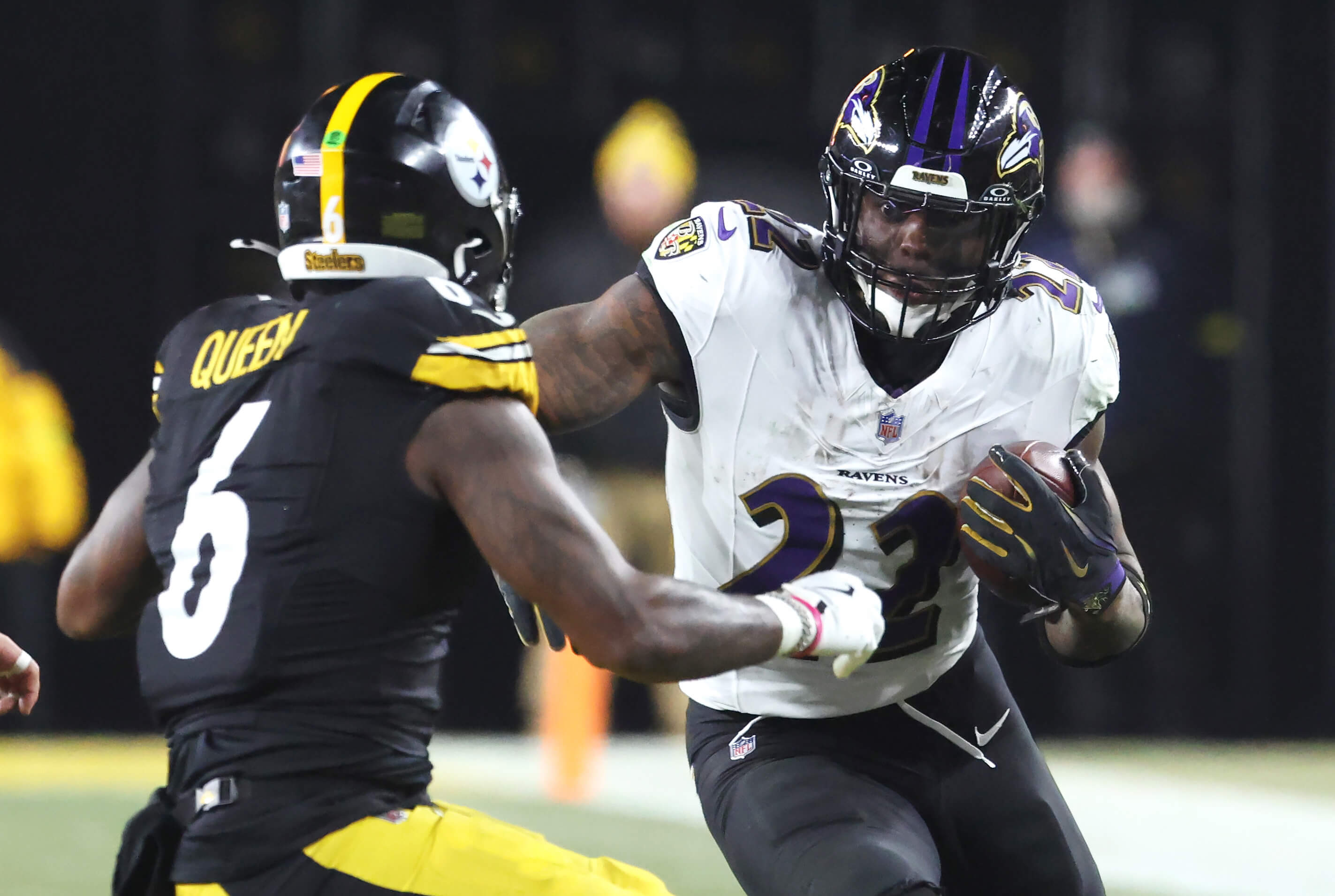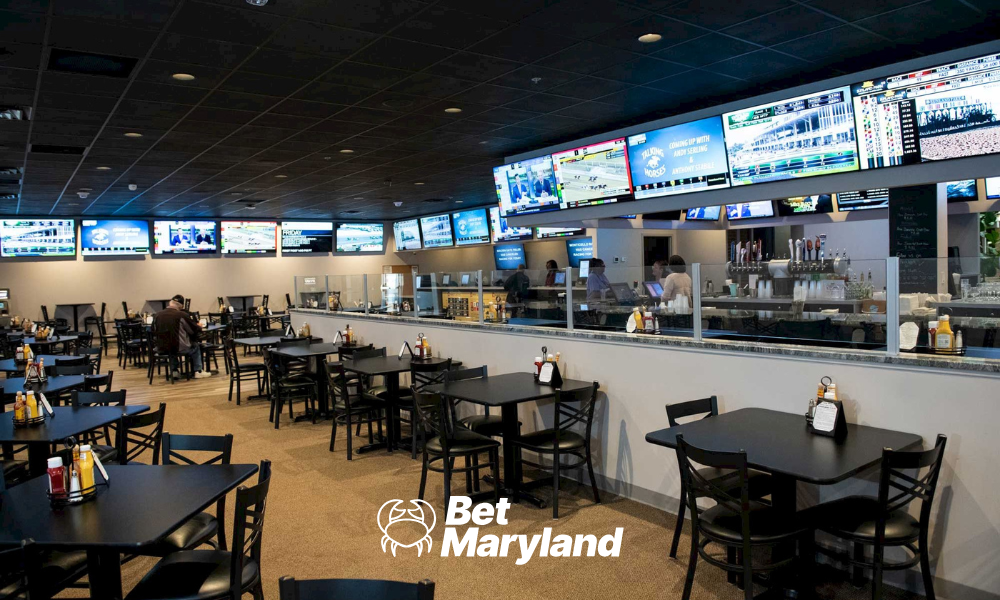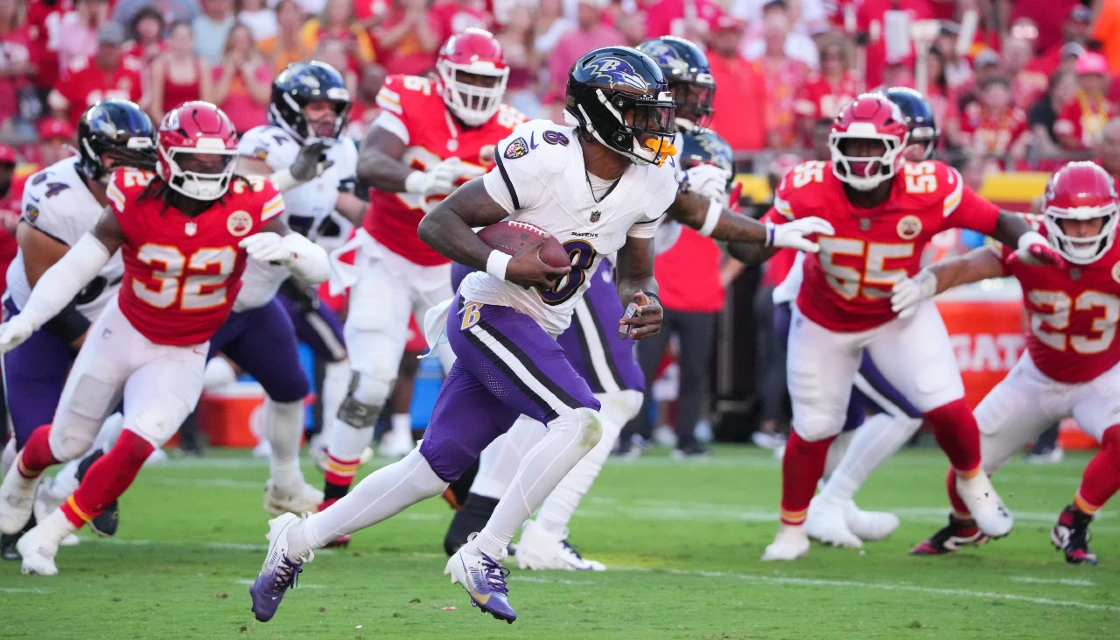As is the case with any state that legalizes gambling, a primary motive for state legislators adopting a Maryland sports wagering law in May was to raise money for public purposes. In Maryland, that purpose is education.
Of course, there are other motives: Encouraging a new economic sector; job creation; competing with nearby gaming jurisdictions (which, for Maryland, is every contiguous state and Washington D.C.); offering an alternative to offshore, illegal bookmakers, and simply because state residents want it, as indicated by overwhelming approval in a 2020 referendum.
Still, a key consideration is how much can the state collect for vital services. In the case of Maryland gambling, most money derived from commercial — the state has six casinos — already goes toward education. Likewise, education will be the primary beneficiary of sports gambling. So how much will the state’s take be?
Crunching The Numbers
Spoiler alert. The state’s share of sports wagering will certainly help meet education obligations, but it won’t come anywhere near the windfall that casino slots play and table games already deliver to the state. More on that later.
The Maryland Lottery and Gaming Control Agency crunched the numbers for the state’s General Assembly as that legislative body considered how it wanted to shape the state’s sports gambling industry.
What emerged from the state legislature and signed into law by Gov. Larry Hogan was a broad free-market approach that encourages small operators to enter the retail side of the sports gambling business along with the major players, such as the casinos and horse racing industry, plus it created a wide-open field for prospective online sports betting operators.
The tax rate will be 15% across the board, plus on the front end, the state can look forward to some application fees for licensing.
The state lottery’s forecast was predicated on some assumptions that it warns might be optimistic, meaning the actual handle. But taking the lottery’s figures and the now known tax rate of 15%, the bottom line can reach a range of $25 million to $35 million a year when the Maryland sports wagering market matures.
When will that be? That depends on how quickly licensing takes for retail and online operators and the competitive forces of the marketplace, such as competition from nearby jurisdictions. Every state surrounding Maryland already has sports wagering, whether retail or online or both.
How Maryland Stacks Up
One can look at other states for comparisons, but even that is tricky. After all, other than Nevada, New Jersey and Pennsylvania, just about every other state’s sports wagering industry is still getting established. More than 20 jurisdictions have launched sports wagering in the U.S., but the various formats and tax rates make for an abstract mosaic rather than a clear picture of what can be expected in any nascent market.
Among sports gambling states, in size, Maryland is closest to Colorado. Maryland has about 6 million people and Colorado has almost 5.8 million. Colorado has both retail and online sports gambling but the brick-and-mortar casino industry there is mostly centered in a handful of small tourist-type towns while Maryland has three large casinos and three smaller ones. But more importantly, Colorado has a brisk free-market online sports gambling landscape.
For the first four months of 2021, Colorado’s total sports wagering handle was $1.38 billion. Gambling operators can deduct their promotional expenses from the gross revenue and the resultant revenue is taxed at 10%. Maryland operators will also be able to use this deduction.
Since Colorado is a new market for operators, the promotional spend has been hefty and that has eaten away at tax receipts. In the first four months of 2021, the state’s take in Colorado has been about $3.67 million (or a little less than $1 million a month). That should increase substantially with a full NFL season in the last four months of the year and perhaps less promotional spend. So, despite a slow start for state taxes in Colorado, $18 million to $20 million is doable.
In Maryland, the tax rate will be 50% higher than in Colorado so it is conceivable that Maryland, at a similar stage, could do $27 million to $30 million in state taxes — if Colorado can be viewed as an approximate yardstick.
Conservative Estimates?
When the Maryland Lottery made its projection, it used an estimate made by the American Gaming Association of the potential total national market for sports gambling handle. That estimate was $150 billion for the U.S. as a whole.
As the lottery distilled its numbers from that starting point, it figured a state handle of $2.7 billion (Maryland is 1.8% of the national population). Sports wagering hold is somewhat predictable — in the range of 5% to 8%, which yields a revenue base of $135 million to $216 million for Maryland sports gambling operators. If that assumption holds, a 15% tax brings $20 million to $32 million in taxes.
Actually, the Colorado experience would indicate that the Maryland Lottery’s handle estimate might be conservative and so the actual annual tax collected by Maryland would be safely on the high side of the range. But other factors have to play out, such as competition from other jurisdictions.
However, even at an annual state tax haul of $32 million or even higher — say, $35 million to $40 million — the sports betting tax contribution will pale in comparison to what’s already delivered by Maryland’s existing bricks-and-mortar gaming industry.
For instance, in May, Maryland’s six casinos contributed almost $73.36 million to the state, most of it going toward the Education Trust Fund. That said, a legal, regulated sports betting industry still has great value in redirecting gambling money that’s already being sent to offshore operators and provides the gaming public with protections and security that it doesn’t get when participating in a black market.







